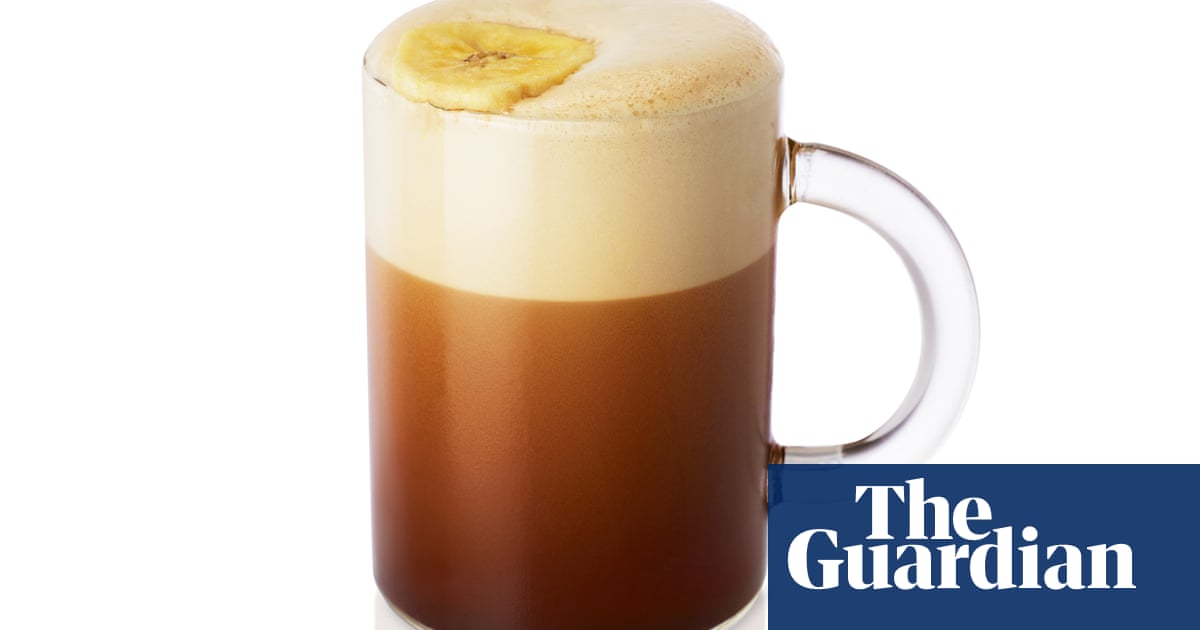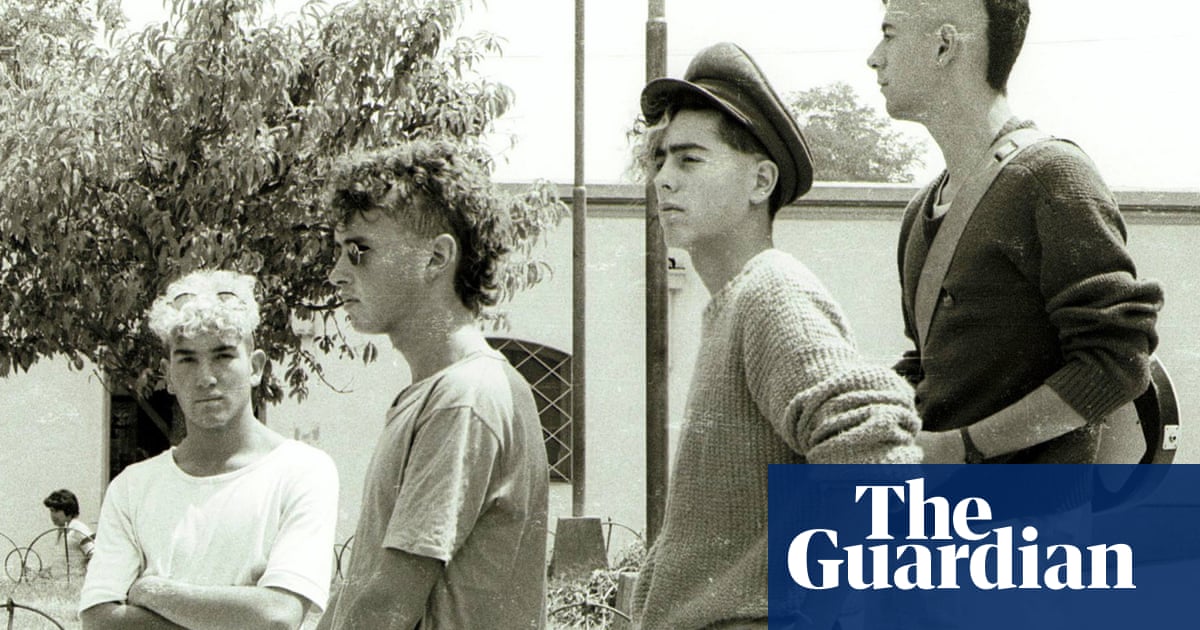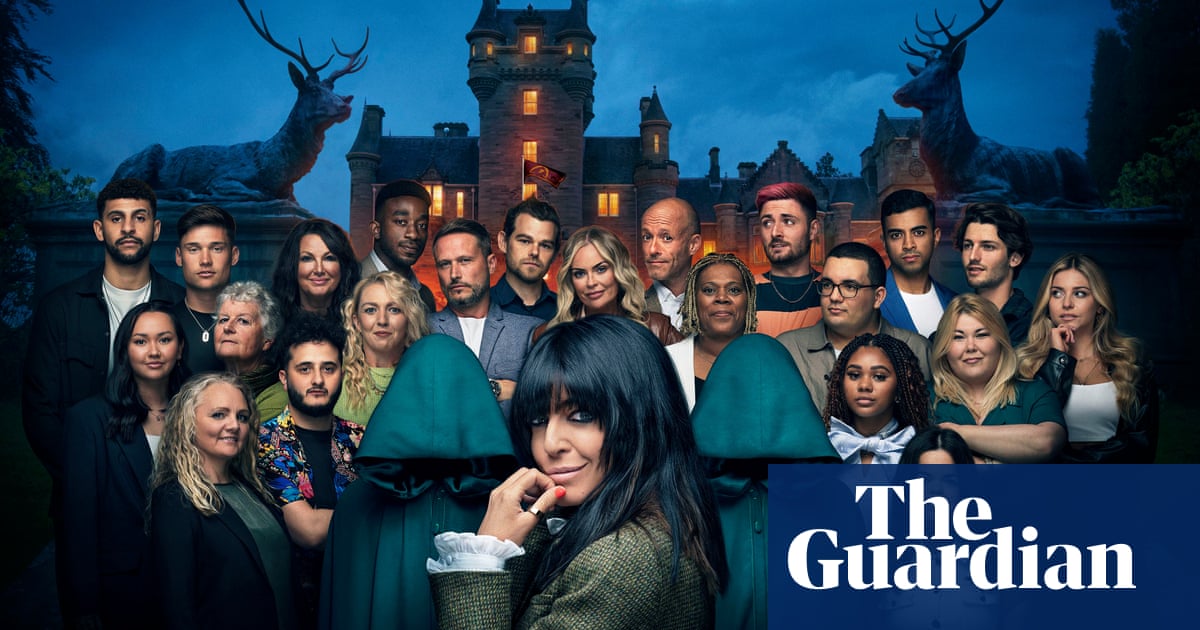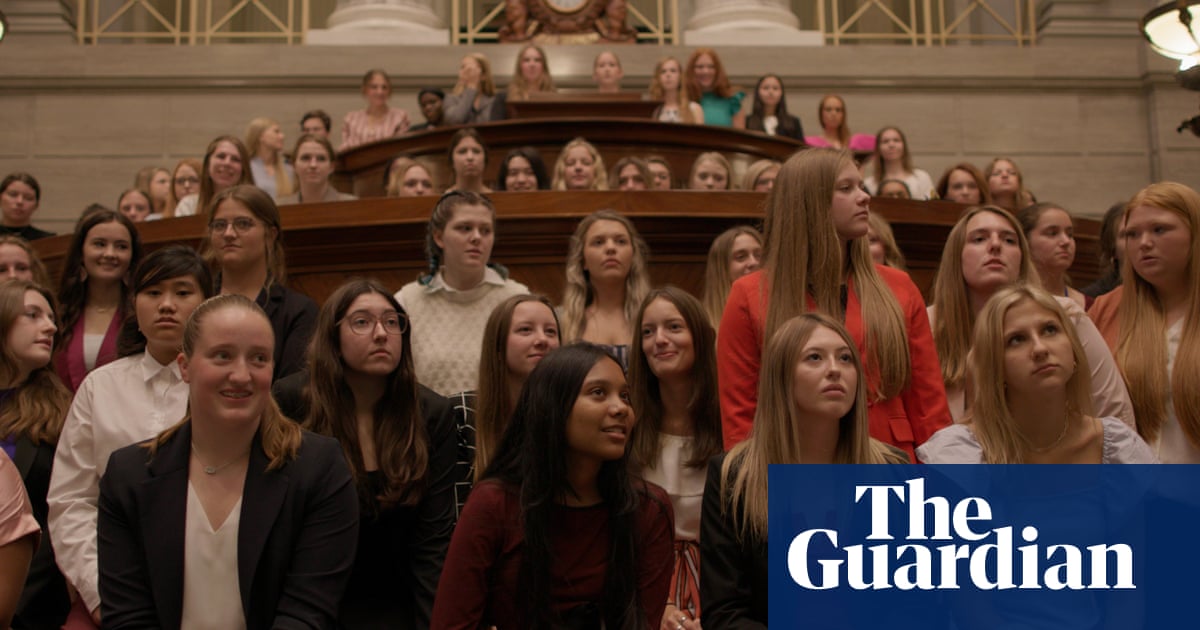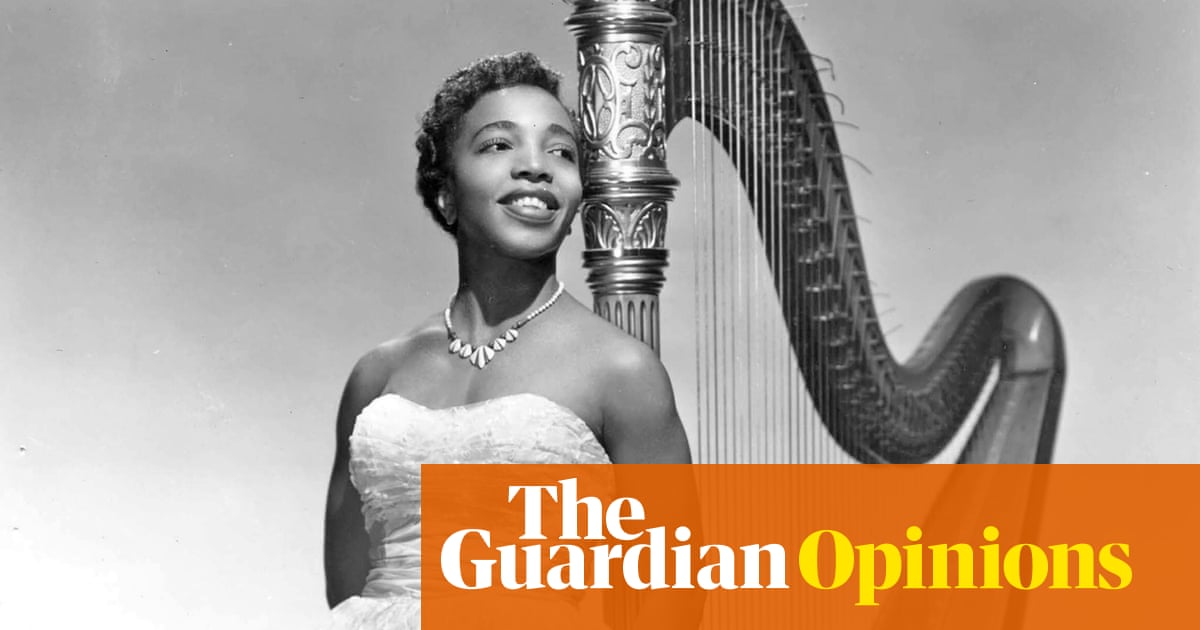
Ibegan playing harp at 11 and the traditional path to follow with the instrument was the classical music one, where all the players I saw or studied were white. I found it quite an isolating, lonely life being the only Black person at every harp event or recital I went to. At the same time, growing up in New York, I was surrounded by hip-hop. One day I heard an amazing harp sample on a Pete Rock track and realised I could improvise and incorporate these other types of music on the instrument too. But I had no idea who was playing on that sample – until a few years later I came upon a picture of Dorothy Ashby.
Here was a Black woman photographed playing my instrument: I had an immediate desire to dig deeper into her life. I went on a rampage of discovery and found out she had done exactly what I wanted to with the harp. She improvised and played jazz on her own records but she also played popular covers, soundtrack music, and appeared on sessions with everyone from Stevie Wonder to Bill Withers and Minnie Ripperton. Hers was the harp I heard on that Pete Rock track.
I realised that I wasn’t alone in what I wanted to do with the instrument and I was shocked that more people didn’t know about her work. Being a woman in jazz in the 50s and 60s, when she was playing, was no easy feat, never mind playing an obscure instrument like the harp. She wasn’t playing traditional repertoire and she was Black: she had every factor working against her. Yet she still produced 11 wonderful albums and I decided that at each concert I gave, I would cover a track of hers, as well as the work of her contemporary, Alice Coltrane, to keep the interest in their pioneering music alive.
What makes Dorothy’s music special is that she was always pushing forwards. She would maximise the sound of the harp in different styles of music from funk to soul and jazz, giving it chord voicings like a piano or guitar while keeping its essence alive. She could play almost anything on the instrument and make it sound good.
I’ve covered several of her tracks on record over the years, from Wax and Wane to Soul Vibrations and Afro-Harping, but I knew that for my latest album, Brand New Life, I wanted to go deeper into her work. I had found a number of her written compositions for theatre pieces, and unrealised projects that had never been recorded, and I decided to bring them to an audience for the first time.
Since Dorothy had such an expansive mind and was always interested in what was happening in music at the time that she was writing, I didn’t want to just recreate her tunes like covers. Instead I got Makaya McCraven involved to produce the record and add his own style of looping and sampling to update these tracks for 2023. We recorded several of Dorothy’s existing compositions, such as Dust and Come Live With Me, as well as adding originals of my own, created in her spirit.
Every addition to Dorothy’s compositions was intentional. The vibraphone on the never before heard You’re a Girl for One Man Only is a nod to the work that she did with Terry Pollard on her albums Soft Winds and The Swinging Harp, while the use of strings on several of the other tracks was in homage to the way she employed them as a gorgeous background texture on her track Games. We even managed to get Pete Rock featured on another unreleased composition, Livin’ and Lovin’ in My Own Way, which brought things full circle back to how I first heard Dorothy’s work.
Dorothy died in 1986 and was never appreciated in the way she should have been when she was alive. She was almost silenced by her circumstances. The harp may not dominate the stage like singers or other instrumentalists can but the way she was playing it and composing for it in so many different settings deserved more attention. Had she lived just a few years longer, she would have been able to hear how her work meshed so well with hip-hop. She would have enjoyed the fruits of her labour.
I want people to hear this album and discover her catalogue. There still exists a misconception that the harp only belongs in an orchestra, but the likes of Dorothy and Alice Coltrane showed us decades ago that it can go to so many other places. In Dorothy’s work there is something for everyone and I will keep honouring her legacy as long as I’m playing. It is a lifelong project.
Brandee Younger is a harpist from New York. Her new album, Brand New Life, is out now on Impulse! Records.
As told to Ammar Kalia






